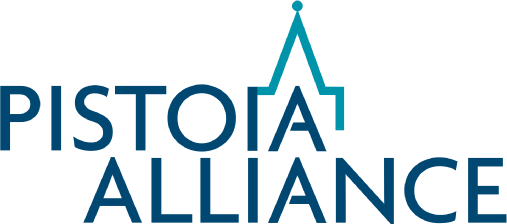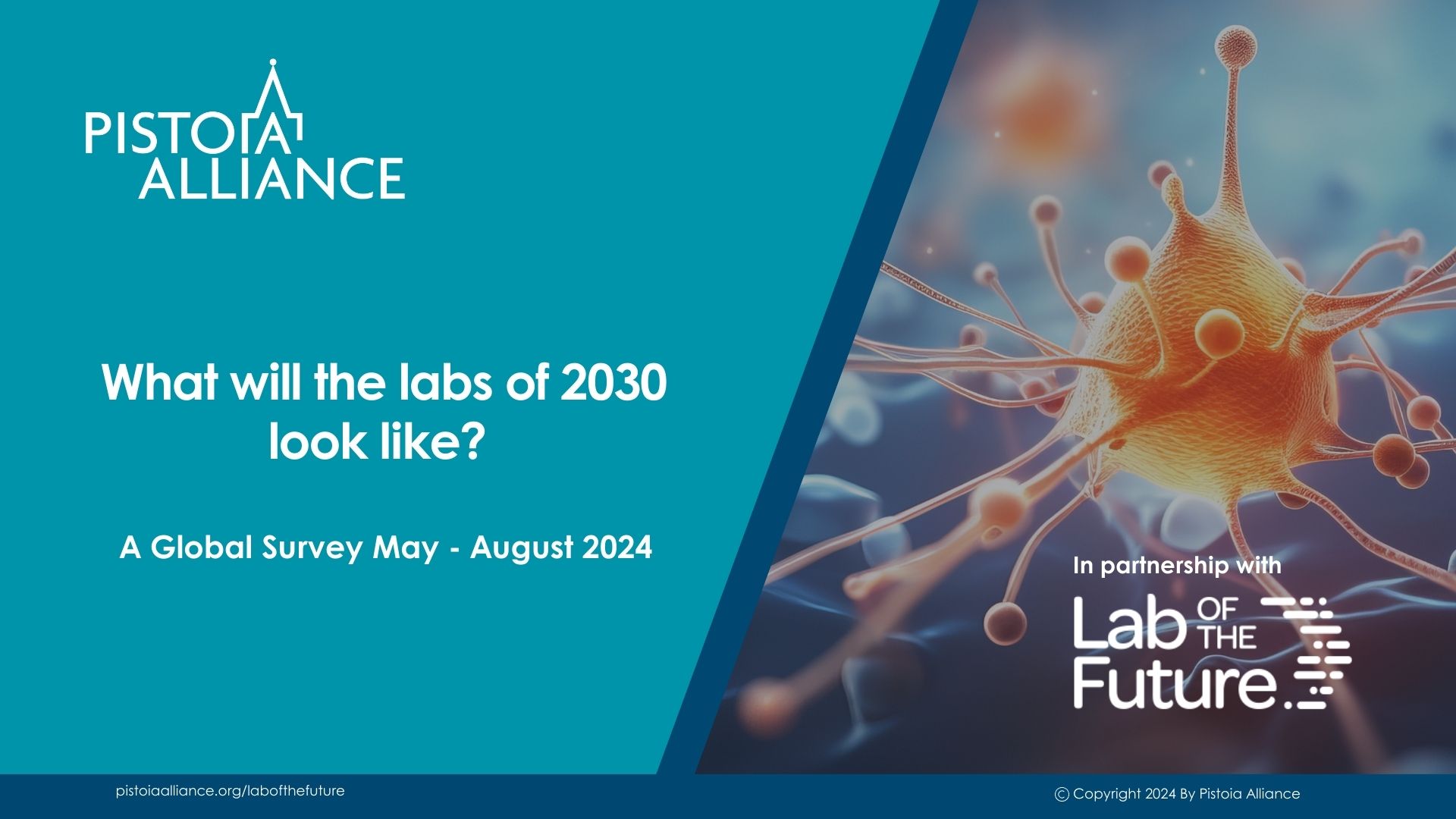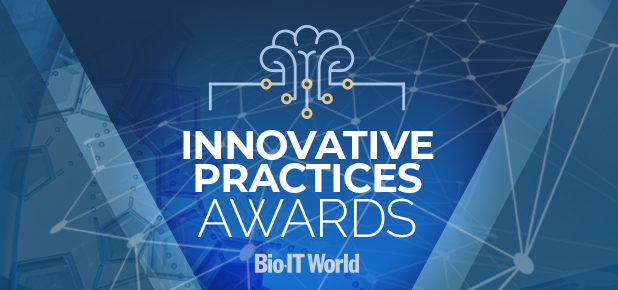Press Release: Pistoia Alliance survey finds 85% of life science professionals are concerned about the impact of differing AI regulations
The Pistoia Alliance has announced the results of a global survey in conjunction with CCC on the impact of AI and copyright legislation on pharma R&D.
Pistoia Alliance Launches New IDMP-O Benchmark Report
The Pistoia Alliance has launched a new industry benchmark report: Accelerating Digital Transformation in Pharma with IDMP.
White paper: Are misaligned incentives preventing better patient outcomes in life sciences R&D?
Collaborative white paper highlights misaligned incentives in R&D are holding back full human data integration and better patient outcomes.
Lab of the Future 2024 Global Survey
As a member of our community, take the opportunity to contribute to our annual global Lab of the Future survey 2024
Press Release: Pharma and Regulatory Giants Tackle AI Trust and Legislative Challenges at Largest Ever Pistoia Alliance Annual Conference
Spring Conference 2024 Sponsors
Pistoia Alliance Wins 2024 Bio-IT World Innovative Practices Award for IDMP Pre-Competitive Collaboration
Sponsorship provides the light for the Life Sciences industry to shine
Digital Accessibility Starter Guide
Press Release: Pistoia Alliance Survey Exposes AI Knowledge Gap
Pistoia Alliance launches freely available IDMP Ontology 1.0, covering all five standards set by ISO
Pistoia Alliance Appoints Dr. Christian Baber as New Chief Portfolio Officer and Launches 2024 Project Pipeline












